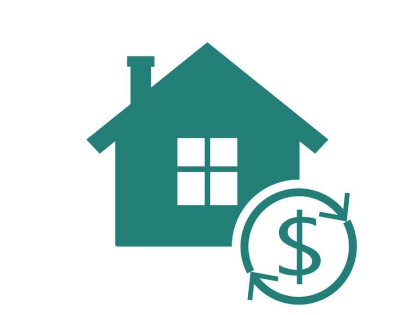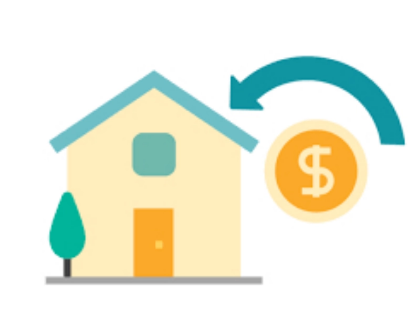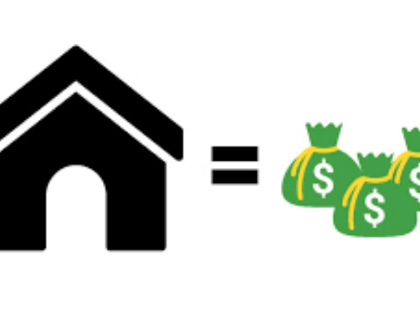Selecting the Best Loan for Your Requirements
Whether you want to modify your debt repayment terms, access equity, or lower your mortgage rate, the correct loan can help you reach your objectives. Using online tools and calculators, compare loans based on interest rates, fees, and payback terms. Before you apply, thoroughly consider your financial goals and the loan's purpose. This will help you decide how much to loan.
Rates of interest
 One important element that affects how much your loan will cost overall is interest rates. To discover a lender that offers the best terms for your credit score and financial history, compare rates.
Another element that may affect the rate you get is your debt-to-income ratio, or the percentage of your income that is allocated to paying off debt. An increased interest rate is usually the outcome of a larger debt-to-income ratio.
The length of your loan term, which influences how long it takes to pay off your loan and the total amount of interest paid, is another aspect. In general, shorter terms mean fewer monthly expenses and lower overall interest paid.
Make sure you take into account all of the costs and expenses related to each loan you are thinking about, such as late payment and prepayment penalties. These can soon mount up and raise the total cost of your loan.
One important element that affects how much your loan will cost overall is interest rates. To discover a lender that offers the best terms for your credit score and financial history, compare rates.
Another element that may affect the rate you get is your debt-to-income ratio, or the percentage of your income that is allocated to paying off debt. An increased interest rate is usually the outcome of a larger debt-to-income ratio.
The length of your loan term, which influences how long it takes to pay off your loan and the total amount of interest paid, is another aspect. In general, shorter terms mean fewer monthly expenses and lower overall interest paid.
Make sure you take into account all of the costs and expenses related to each loan you are thinking about, such as late payment and prepayment penalties. These can soon mount up and raise the total cost of your loan.
Charges
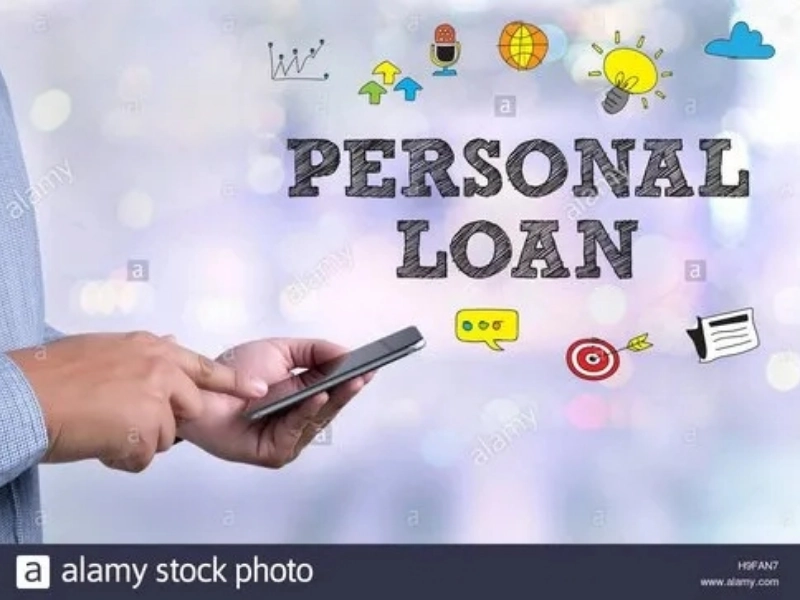 The process of refinancing your mortgage may come with a number of expenses. Mortgage insurance is usually charged by lenders in addition to credit report and application fees. Additionally, some lenders impose a fee to cover the expense of examining your mortgage to make sure it complies with regulations and standards set by the government.
By raising your credit score before applying, you can frequently avoid paying refinance costs for a mortgage. Other actions that can help you get qualified for a lower interest rate include reducing debt and making on-time bill payments.
Refinancing is a common move for homeowners looking to modify the terms and interest rates. To reduce the length of your loan by ten years, you might wish to convert from an adjustable-rate mortgage to a fixed-rate loan or shorten the term from thirty to fifteen years. To avoid PMI fees, you may also decide to refinance from a government-backed mortgage into a conventional loan. You should consider the trade-offs in each situation and decide if these adjustments are in line with your financial objectives.
The process of refinancing your mortgage may come with a number of expenses. Mortgage insurance is usually charged by lenders in addition to credit report and application fees. Additionally, some lenders impose a fee to cover the expense of examining your mortgage to make sure it complies with regulations and standards set by the government.
By raising your credit score before applying, you can frequently avoid paying refinance costs for a mortgage. Other actions that can help you get qualified for a lower interest rate include reducing debt and making on-time bill payments.
Refinancing is a common move for homeowners looking to modify the terms and interest rates. To reduce the length of your loan by ten years, you might wish to convert from an adjustable-rate mortgage to a fixed-rate loan or shorten the term from thirty to fifteen years. To avoid PMI fees, you may also decide to refinance from a government-backed mortgage into a conventional loan. You should consider the trade-offs in each situation and decide if these adjustments are in line with your financial objectives.
Cash
 Refinancing loans is often done with the goal of lowering both the monthly payment and the total amount paid back over the course of the loan. There are compromises made, though. Refinancing a mortgage, for instance, from a 30-year term to a 15-year term may result in lower monthly payments, but the total cost of borrowing would increase due to interest charges.
Refinancing to a lower rate on some home mortgages can result in interest savings of thousands of dollars over the course of the loan. This is particularly true if you are eligible for a better rate since the value of the house has improved since you took out your initial loan.
Refinancing a mortgage can also be done to modify the loan terms, such as going from variable to fixed interest rates or shortening the payback time. By doing this, you can reduce your debt more quickly and save money on unnecessary interest. A list of potential refinance alternatives and associated costs can be obtained from a lender. You can compare these possibilities with your existing loan to determine which could better fit your budget.
Refinancing loans is often done with the goal of lowering both the monthly payment and the total amount paid back over the course of the loan. There are compromises made, though. Refinancing a mortgage, for instance, from a 30-year term to a 15-year term may result in lower monthly payments, but the total cost of borrowing would increase due to interest charges.
Refinancing to a lower rate on some home mortgages can result in interest savings of thousands of dollars over the course of the loan. This is particularly true if you are eligible for a better rate since the value of the house has improved since you took out your initial loan.
Refinancing a mortgage can also be done to modify the loan terms, such as going from variable to fixed interest rates or shortening the payback time. By doing this, you can reduce your debt more quickly and save money on unnecessary interest. A list of potential refinance alternatives and associated costs can be obtained from a lender. You can compare these possibilities with your existing loan to determine which could better fit your budget.
Choices
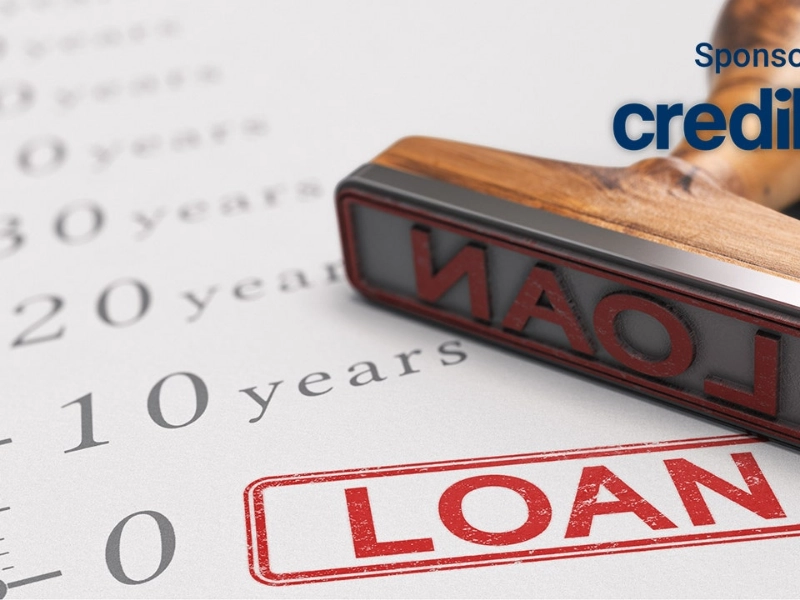 You can replace your existing loan arrangement with a new one that has better conditions by refinancing. Refinancing is a useful tool for reducing interest rates, extending mortgage terms, and getting rid of mortgage insurance. Refinancing also gives you the option to remove equity from your house and withdraw cash. If you'd like to pay off credit card debt or lower the balance on your mortgage, this can be a viable option for you.
Even though you have a lot of refinancing options, you should pick the one that will help you reach your financial objectives. You can access your home equity with a home equity line of credit (HELOC) or refinancing your mortgage to get a cheaper interest rate, a shorter term, and more predictable payments. Your credit score may be temporarily impacted by the credit check that is usually required for refinancing. Your credit score is unaffected by your ability to pre-qualify for a refinance. If you are unsure whether you can obtain the finest prices, this is a smart move.
You can replace your existing loan arrangement with a new one that has better conditions by refinancing. Refinancing is a useful tool for reducing interest rates, extending mortgage terms, and getting rid of mortgage insurance. Refinancing also gives you the option to remove equity from your house and withdraw cash. If you'd like to pay off credit card debt or lower the balance on your mortgage, this can be a viable option for you.
Even though you have a lot of refinancing options, you should pick the one that will help you reach your financial objectives. You can access your home equity with a home equity line of credit (HELOC) or refinancing your mortgage to get a cheaper interest rate, a shorter term, and more predictable payments. Your credit score may be temporarily impacted by the credit check that is usually required for refinancing. Your credit score is unaffected by your ability to pre-qualify for a refinance. If you are unsure whether you can obtain the finest prices, this is a smart move.





